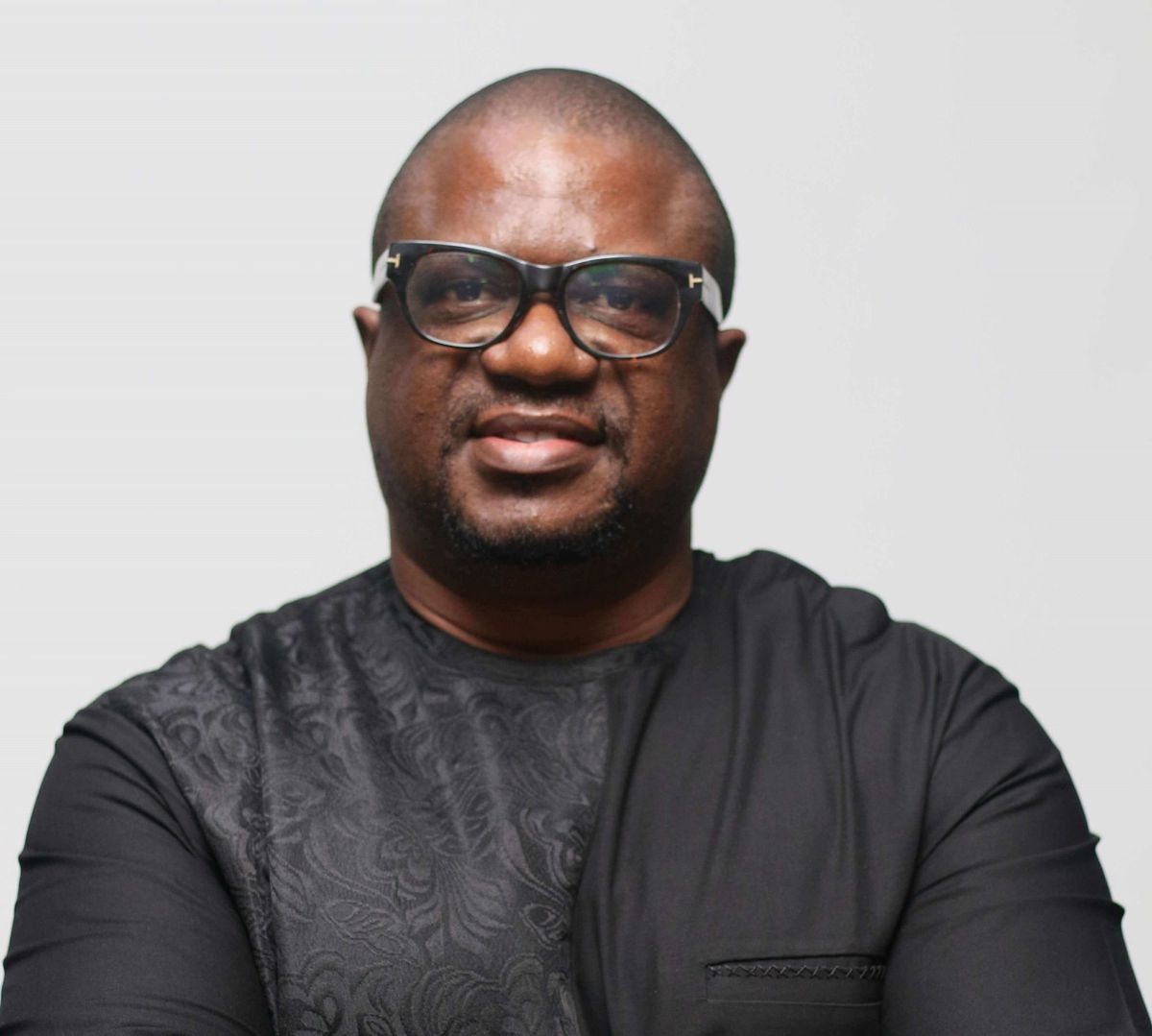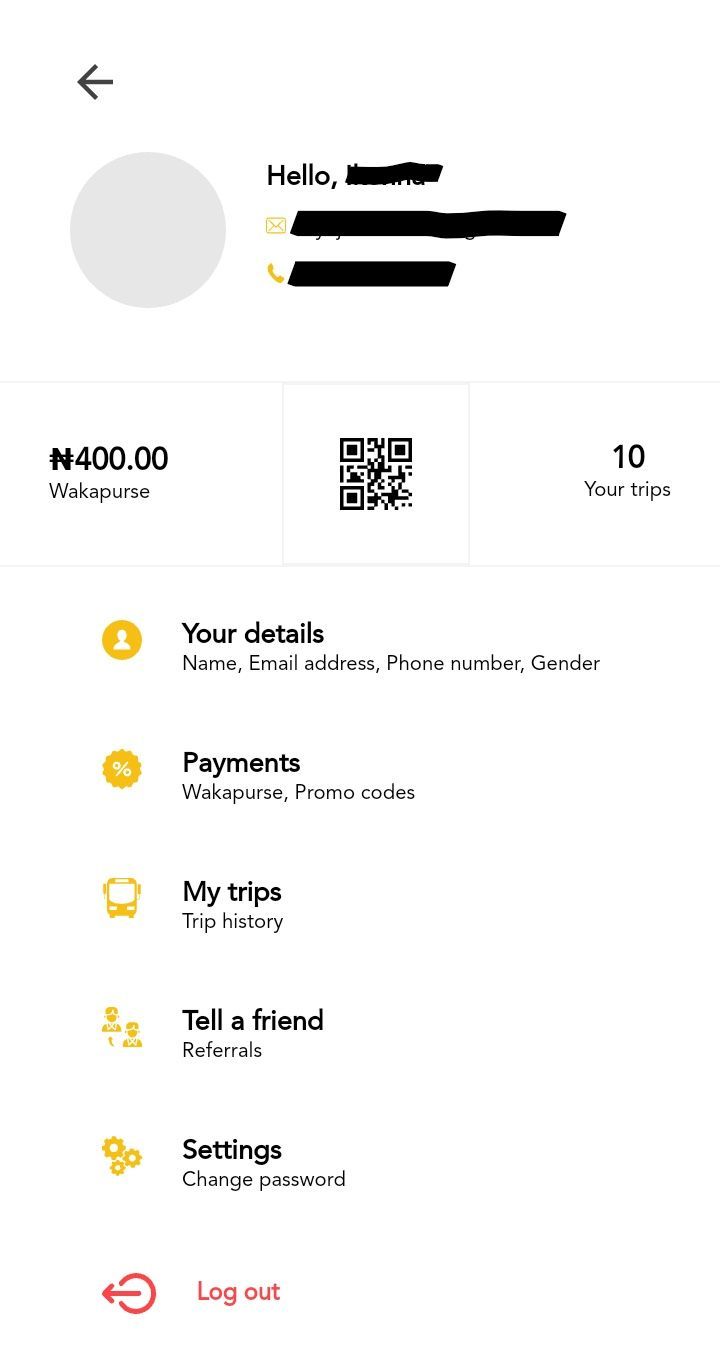How PlentyWaka is improving the transportation system in Lagos
PlentyWaka'a mission is to "change the transportation landscape" by decongesting the road and "providing a safe and convenient transport system for both the bus drivers and passengers".

The bus-sharing service company, which completed a three-month pilot in November, has added more routes across Lagos Island; and introduced a Vehicle Partnership Scheme (VPS) that allows interested individuals and organisations to onboard their vehicles (buses and minivans) on the PlentyWaka platform. With the VPS, PlentyWaka aims to increase its fleet of buses to 100 and expand to other parts of Lagos.
In addition to that, the PlentyWaka app has been updated (Play Store and App Store) with improved user experience and WakaPurse, which allows users to send money to each other.
PlentyWaka's mission is to "change the transportation landscape" by decongesting the road and "providing a safe and convenient transport system for bus drivers". The current transport system is not only uncomfortable for commuters, it is also riddled with challenges that limit the earnings of drivers.
Traffic congestion is a global problem, but the situation in Lagos, Nigeria, is peculiar. Lagosians spend an average of 65 days in traffic annually. That's about 30 hours per week and 4 hours per day wasted in traffic. Meanwhile, the average American commuter spends less than 3 days in traffic annually, according to the Texas A&M Transportation Institute.

According to Johnny Enagwolor, Co-founder and Managing Director of PlentyWaka, one of the reasons Lagosians spend up to 4 hours in traffic every day is because there are too many vehicles on the road. There are about five million vehicles plying Lagos compact 9,100-road network every day. Peradventure the government rises to the occasion by expanding the road network, traffic will persist as the number of vehicles on the road would increase.
Unsurprisingly, most of the vehicles on Lagos roads daily are largely empty, with only one or two passengers. Even ride-hailing companies such as Uber and Bolt are making traffic congestion worse. But with PlentyWaka, 13 people can leave their cars at home and commute in a comfy bus at an affordable price [a journey from Lekki Phase 1 to CMS cost ₦250 with PlentyWaka; ₦100 with BRT bus, and ₦200 for the regular yellow 'danfo' buses].
Although a robust balanced transportation system involving the government and private sector would be the ultimate solution to traffic congestion, PlentyWaka is already moving the needle towards decongesting the roads. On December 12, 2019, the bus-sharing service company announced the launch of its improved app and additional services.
# PlentyWaka 2.0: Smooth UX, more buses, easy payment and WakaPurse In the previous version of the PlentyWaka app, the "pickup location" and "destination" bar were at the top. *"But through feedback from our users, we decided to bring the options down to thumb-reach so that it is easy to input your pickup and drop-off points,"* Afolabi Oluseyi, VP Operations at PlentyWaka, said. Similarly, you can now book seats on a bus for other people, including friends, colleagues and family.We discovered that parents might want to travel with their children. But because the first version only allowed a user to book one seat, they couldn't. So, what we've done now is that a user can book up to 20 seats. That way, parents can book seats for their children and friends can book for one another.
This rationale, according to Afolabi, prompted the introduction of WakaPurse. Unlike the previous version that require people to input their card details to be able make payment for their ride (since there is no option for cash), PlentyWaka 2.0 with WakaPurse has quashed that method by integrating with Paystack. Now, you only need to fund your WakaPurse through Paystack, which means PlentyWaka no longer house the card details of users.
And once your WakaPurse is funded, you can transfer money to other PlentyWaka users. With this, people can pay for each other rides.

While all the new app updates are great, the most fascinating updates in PlentyWaka 2.0 is the introduction of the PlentyWaka Vehicle Partnership Scheme (VPS). With this, "anyone" can put a bus on the PlentyWaka platform and receive 70% of whatever the bus earns monthly, as much as between ₦600,000 and ₦800,000.
The MD of PlentyWaka, Johnny Enagwolor, further explained, he said: "One of the things we've been be able to achieve during the three-month pilot is to set a standard for the third-party buses that we will be onboarding. We've also contracted reputable agencies that will inspect and vet every bus, driver and vehicle assistant before they go online on the platform".
This Vehicle Partnership is in line with our mission of changing the transportation landscape as it will allow us expand to other areas and cover more routes. By January 2020, we would have increased our fleet to 100 buses. There are two ways to partner with us, you can either provide the bus or provide up to 30% cost of purchasing a bus. Either way, you receive monthly returns for putting a bus on our platform.
Speaking on regulation, considering what the Lagos State government is doing with the bike-hailing startups, Johnny said they are already speaking with the government to ensure they reach a mutually beneficial agreement.







Comments ()